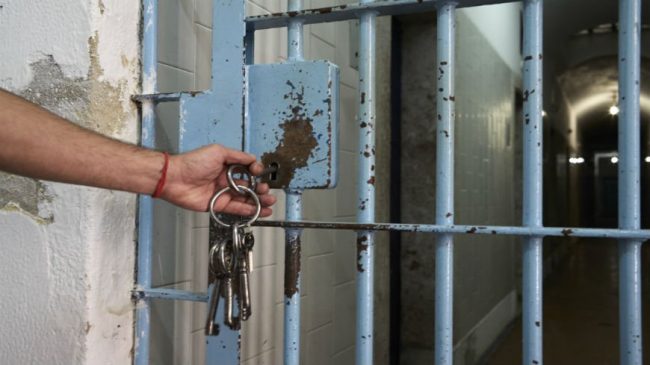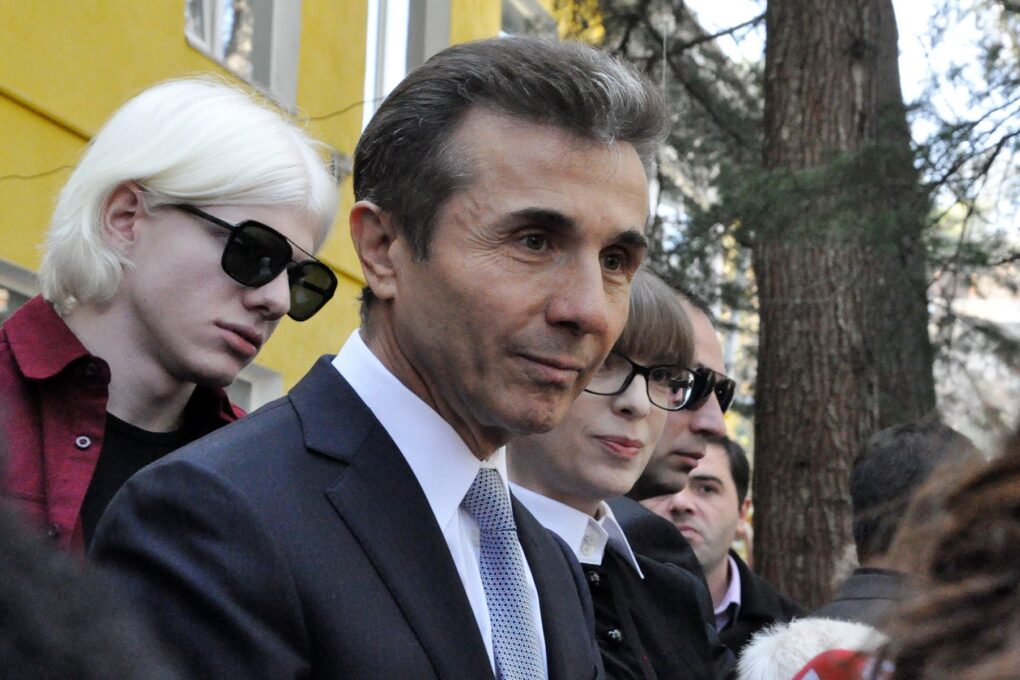
 Torture, impunity, and corruption, are ‘endemic’ in Azerbaijani law enforcement agencies and armed forces, according to a report published on Thursday by the Council of Europe (CoE). The report said the institutions were plagued by a ‘generalised culture of violence’ among their staff.
Torture, impunity, and corruption, are ‘endemic’ in Azerbaijani law enforcement agencies and armed forces, according to a report published on Thursday by the Council of Europe (CoE). The report said the institutions were plagued by a ‘generalised culture of violence’ among their staff.
Slaps, punches, kicks, electric shocks, and blows from a baseball bat were among the abuses in police detention observed by the CoE’s Committee for the Prevention of Torture during a 2017 visit. The committee urged Azerbaijan’s authorities to carry out effective investigations into the maltreatment, and called on President Ilham Aliyev to deliver a clear public message of ‘zero tolerance’ for such abuses.
The CoE’s latest anti-torture report was an evaluation of its findings from visits to Azerbaijan throughout 2004–2017, and of the Azerbaijani government’s responses to them. The committee disclosed the reports, which had previously been confidential, after a Baku official agreed to their release — a decision the committee’s president Mykola Gnatovskyy hailed as a possible sign of a ‘new era in cooperation between the committee and Azerbaijan’.
The committee’s overall conclusions were highly critical. They slammed Azerbaijani law enforcement agencies for a systematic failure to protect detainees’ rights — including access to a lawyer and a doctor — or effectively investigate allegations of maltreatment. Gnatovskyy urged the Azerbaijani authorities to take ‘decisive action to stamp out torture in the country’.
The committee report noted that during their 2017 visit to Azerbaijan, unlike in previous years, they also collected reports of alleged maltreatment and torture by customs authorities and army personnel.
In regards to the country’s penitentiary system, the committee noted that widespread overcrowding, poor infrastructure, and insufficient medical services were among the main problems in Azerbaijani prisons. Moreover, people in both prisons and pre-trial detention facilities were expected, sometimes forced, to pay for basic services that the law entitles them to, the report said. The committee also said that low salaries for prison staff hindered the fight against corruption and violence between inmates.
The report also highlighted poor living conditions and violence in Azerbaijani psychiatric hospitals and social care homes, especially in the Qirikli institution, in Goygol District, where female residents were reportedly mistreated by staff.
Azerbaijani authorities have long been accused of torture and inhumane degrading treatment of critics. Persecuted groups have included ‘religious radicals’ of the Muslim Unity Movement, young bloggers, human rights advocates, journalists, queer people, and sex workers, according to a 2018 joint report by the World Organization Against Torture, the International Partnership for Human Rights, and the Institute for Peace and Democracy, submitted to the UN Committee against Torture.
In July 2017, Azerbaijani political activist Giyas Ibrahimov claimed he was beaten in Baku Colony No 2 after being detained for spray painting the words ‘happy slave day’ on a monument to former president Heydar Aliyev.
Several reported victims of torture have claimed to have faced additional problems from the authorities after speaking up. Blogger Mehman Huseynov was convicted for defamation after claiming he was abducted and tortured by police in early 2017. In November the same year, lawyer Yalchin Imanov was suspended from the Azerbaijani Bar Association for ‘spreading false information’ to the media that his client Abbas Huseynov was tortured in a Gobustan prison.
The use of torture was also alleged by arrested members of the Muslim Unity Movement in early 2018.
According to Amnesty International, police use torture and other forms of abuse to extract forced confessions from detainees, which are later used against them in court, something that lawyers for freelance journalist Nijat Amiraslanov claimed in June 2017.
In their August 2017 report to the UN Human Rights Council, the United Nations Working Group on Arbitrary Detention said that they received ‘substantial testimony’ from local people, including young people and women, about torture and maltreatment they had reportedly suffered while in custody.




 19 July 2018
19 July 2018


